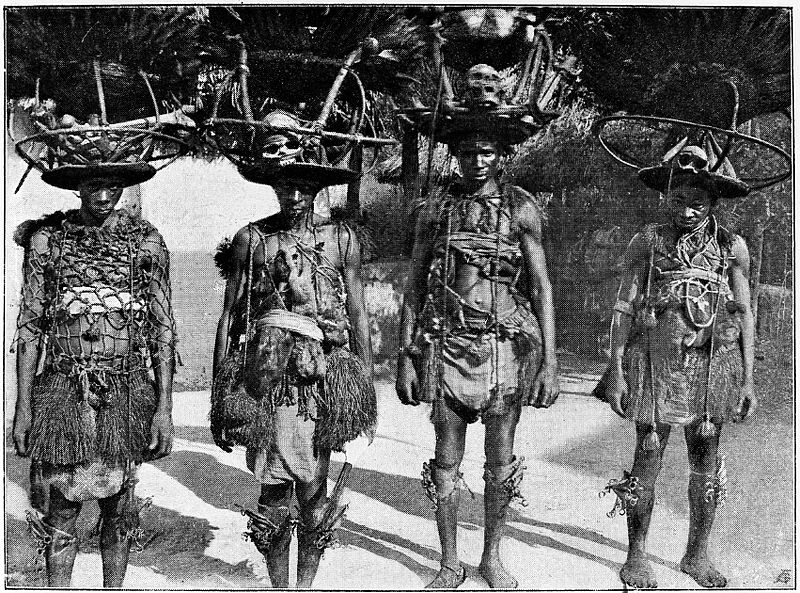
5 oldest secret societies in Africa you knew nothing about
Published on November 15, 2021 at 7:00 PM by Face of Malawi
Many people are obsessed with secret societies. For some, they explain the unthinkable. For others, secret societies actually control our lives, pulling the strings of politicians and the elite to yield unparalleled influence in the world.
In Africa, secret societies have a long history, with many of them long established before the onset of colonization. These societies have been alleged to play a significant role in the continent’s economic, political, and law enforcement.
Below are five of the oldest secret societies on the continent. This list is by no means exhaustive as some people have put a count to as many as 15 such groups. But these are some of the better researched, at least as well researched as secret societies can be.
Poro Society
The Poro, also spelled, Purrah or Purroh, is one of the more documented secret societies in Africa. It is a men’s secret society in Sierra Leone, Liberia, Guinea and the Ivory Coast, said to have been introduced by the Mande people in 1000 AD. There are three ranks in which members: elders, chief priests, and boys to be initiated. The group is said to be responsible for preserving the cultural sanity of the community.
Sande Society
The Sande society is the female counterpart of the Poro society. Also known as the zadεgi, bundu, bundo and bondo, this women’s secret society in Liberia, Sierra Leone, Guinea and the Ivory Coast is said to initiate girls into adulthood by rituals such as female genital mutilation. Some allege that the group confers fertility, instills morality and proper sexual comportment, and maintains an interest in the well-being of its members throughout their lives.
The Sande society is known to champion women’s social and political interests through solidarity and complementarity to the Poro society. For example, its masquerade is one of the only African examples of a wooden face mask controlled exclusively by women.
Ekpe
Ekpe means “leopard” in Efik and the group is present throughout Africa and its Diaspora. The Ekpe secret society which is most active in Nigeria is probably widely known. Its members are all men and typically law enforcers and politicians. They are known to be well-respected agents of wealth distribution in the community, often giving back through merriment and feasts.
Abakua
Ogboni
The Ogboni is a fraternity society native to Yoruba language-speaking areas of to Nigeria, Benin, and Togo. Its members are said to be Yoruba nobility and they control governance and the law enforcement in the community. The brotherhood members are said to perform a range of political and religious functions in their communities.


